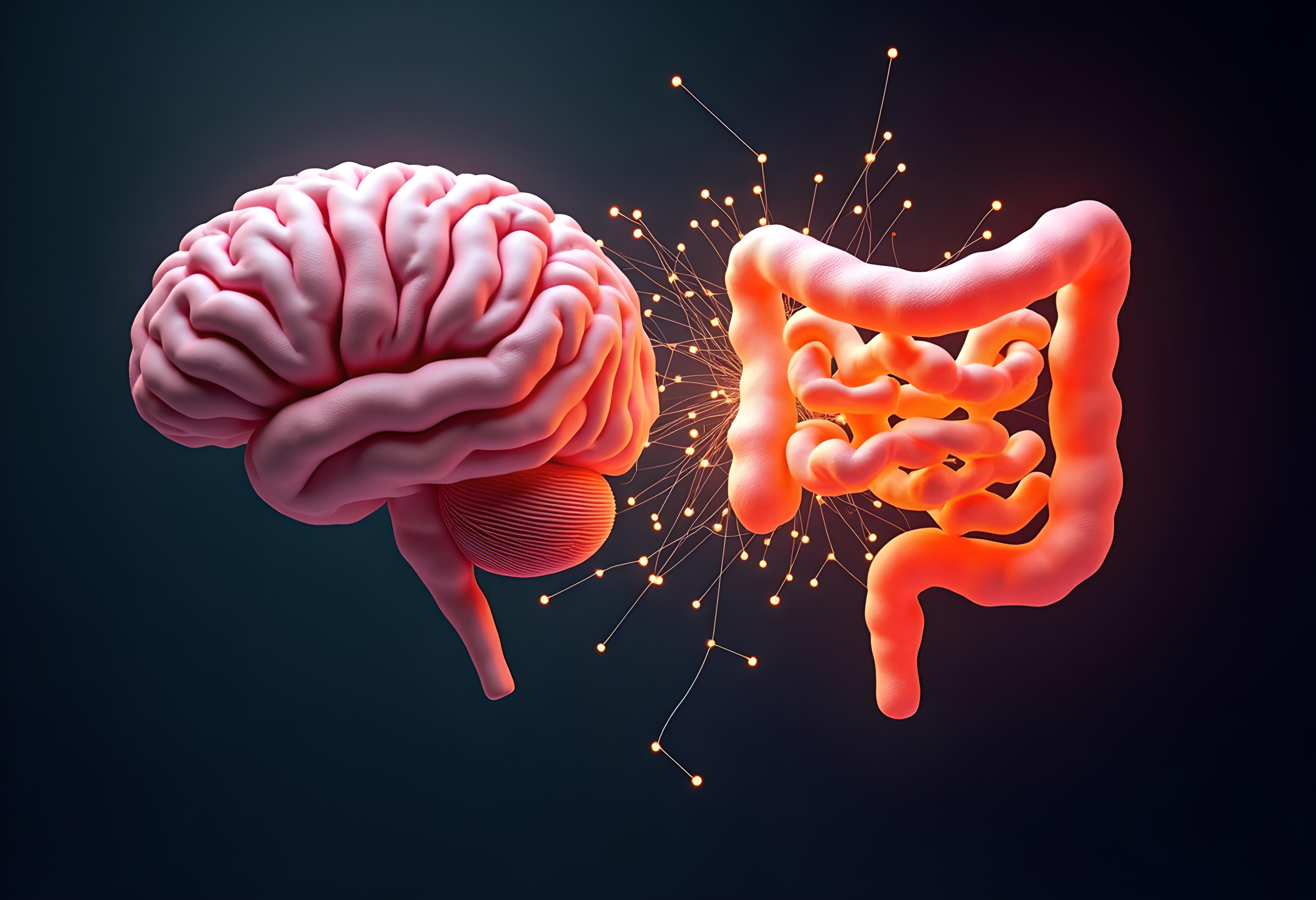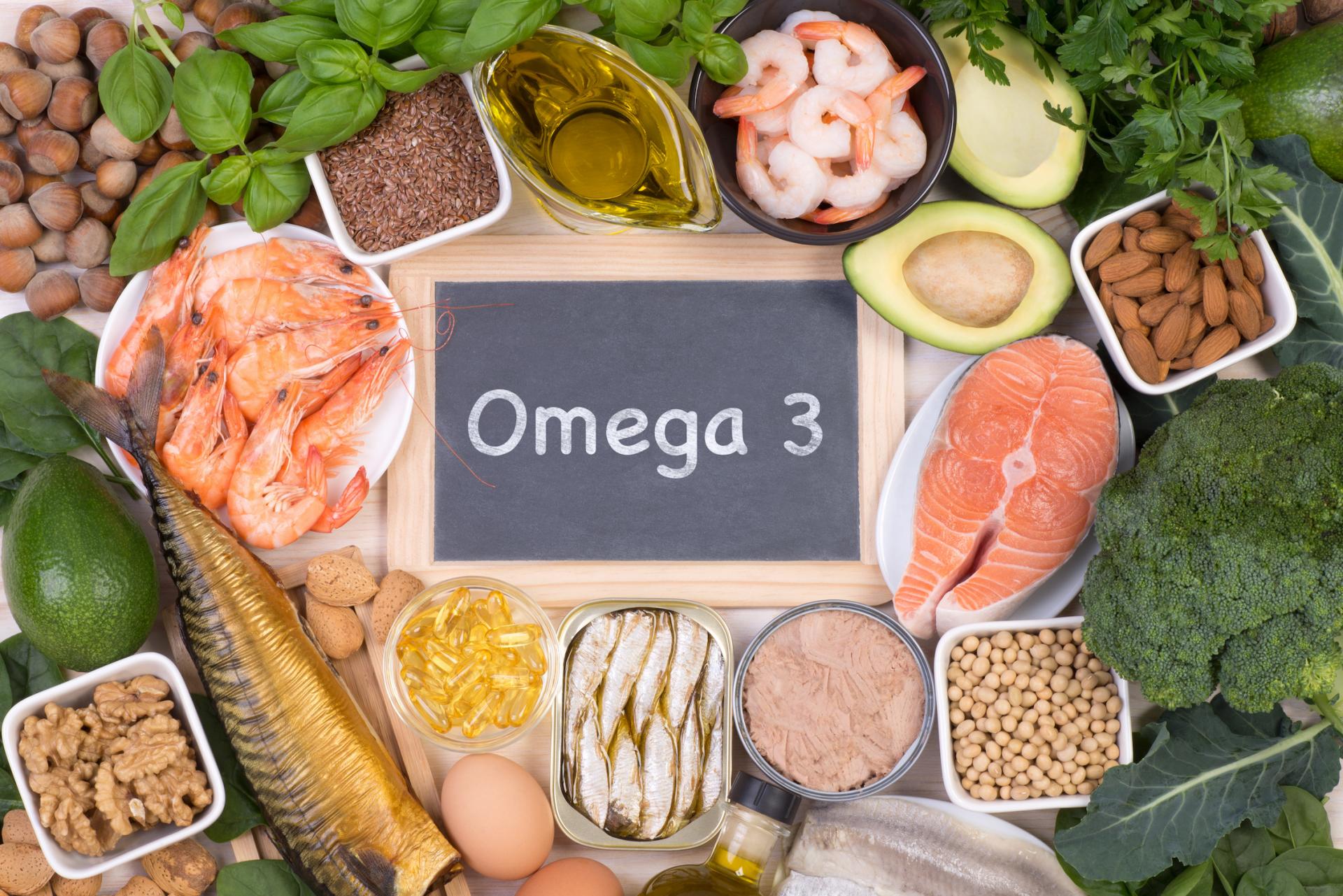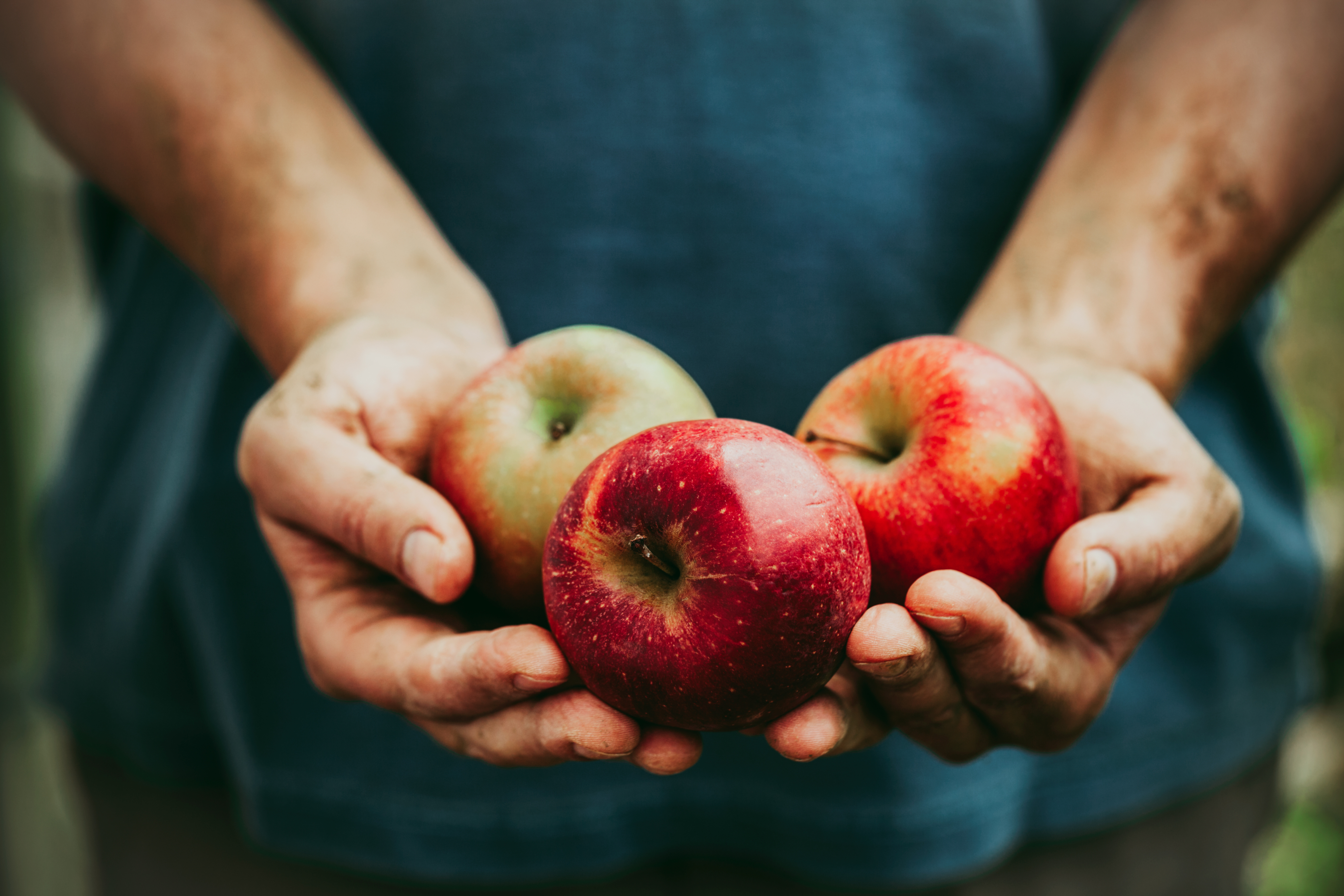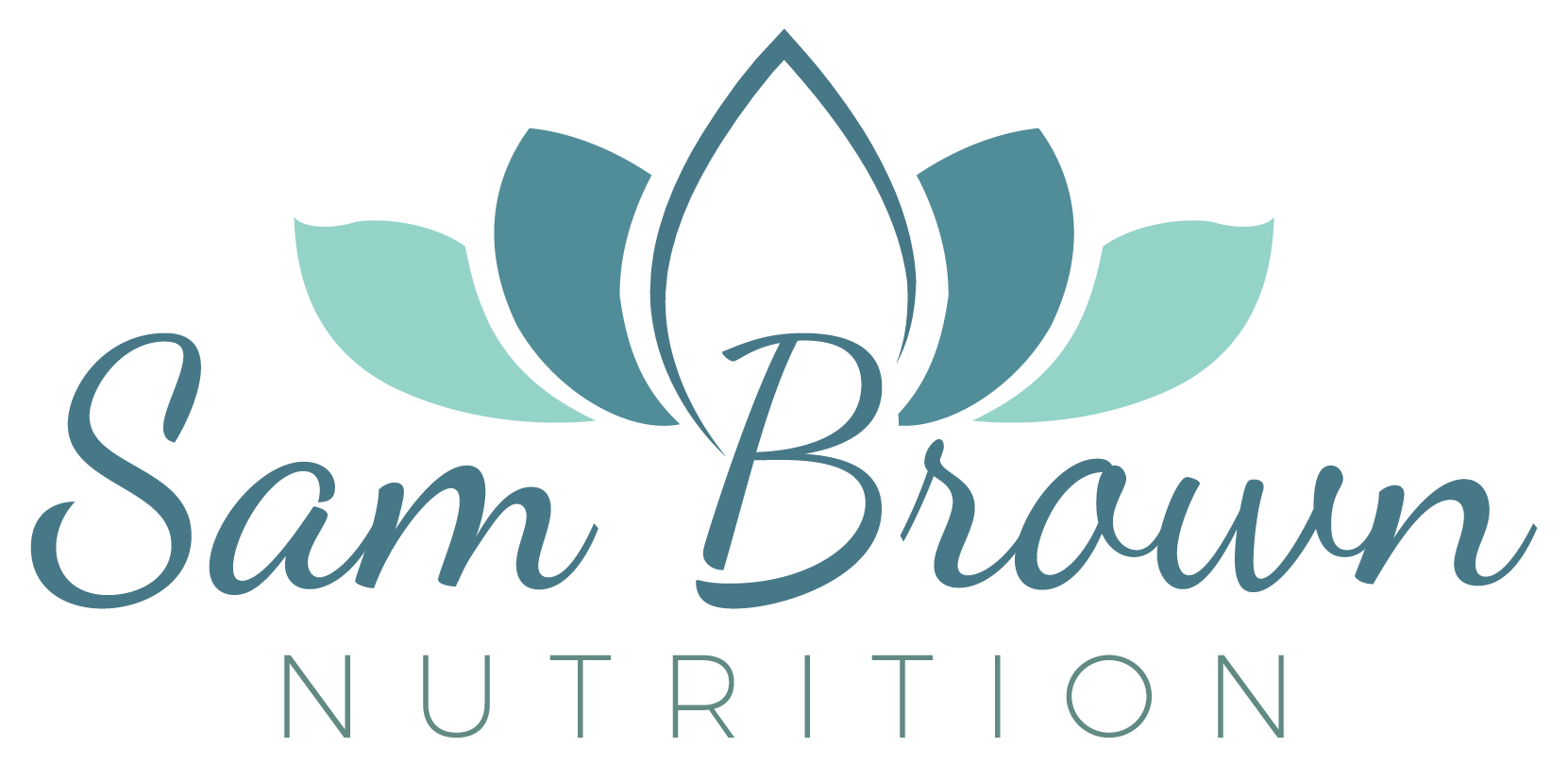
Nutrition and Lifestyle
#12 Can Probiotics Change How We Perceive Stress?
In today's fast-paced world, stress is inevitable. While we can’t always remove stressors from our lives, what if we could change how we experience stress? A fascinating study on Bifidobacterium longum suggests that certain probiotics may help modulate stress perception, influencing how our brain and body react to challenges.
The Gut-Brain Axis: Your Internal Stress Regulator
Our gut and brain are in constant communication via the gut-brain axis, a two-way system that influences mood, digestion, and even our ability to handle stress. One of the major pathways of this connection is the vagus nerve, which acts like a superhighway carrying messages between the gut and brain.
Recent research has shown that Bifidobacterium longum—a beneficial strain of bacteria—may help regulate this communication. In fact, supplementation with this probiotic has been linked to lower perceived stress levels, improved sleep quality, and even a reduction in depression scores, particularly in individuals with Irritable Bowel Syndrome (IBS). This suggests that a healthier gut microbiome may not remove stress itself, but improve how we respond to it.
Modern Diets and the Decline of Beneficial Bacteria
Despite the gut’s crucial role in mental well-being, our modern diets often work against us. Diets high in ultra-processed foods, low fibre, and artificial additives can reduce the abundance and diversity of beneficial bacteria, disrupting the gut-brain axis. Over time, this can negatively affect digestion, mood, and stress resilience.
In clinic, I often see that supporting the gut microbiome through diet and targeted supplementation can help clients feel more balanced and less reactive to stress. While the study focuses on a single strain, we rarely supplement with one strain alone. Most probiotic formulations include additional support, and lifestyle factors like diet, exercise, and sleepplay a key role in gut health and mental resilience.
What the Research Says (and Its Limitations)
This recent study found that Bifidobacterium longum significantly improved stress perception and emotional responsein IBS sufferers, likely via the vagus nerve. However, it’s important to note:
✅ The sample size was small.
✅ Diet and exercise were not controlled for.
✅ Participants were otherwise healthy.
While more research is needed, these findings are exciting and support what many of us see in practice: optimising gut health has real effects on how we feel and function.
How to Support Your Gut for Stress Resilience
While probiotics like Bifidobacterium longum can be helpful, gut health is about more than just supplements. Some key steps to strengthen your gut-brain axis include:
🥦 Eat a diverse, fibre-rich diet – Include a variety of colourful vegetables, whole grains, and legumes to feed beneficial bacteria.
🦠 Consume fermented foods – Foods like kefir, sauerkraut, kimchi, and yogurt provide natural probiotics.
💧 Stay hydrated – Water supports digestion and microbiome balance.
😴 Prioritise sleep – Poor sleep disrupts gut bacteria, increasing stress sensitivity.
🚶 Move your body – Regular exercise promotes a diverse microbiome and reduces stress hormones.
🧘 Manage stress proactively – Practices like meditation, deep breathing, and time in nature can help regulate the gut-brain axis.
Final Thoughts
While we can’t eliminate stress from life, we can change how our body processes and responds to it. Research on the gut-brain axis continues to highlight the power of gut health in shaping our mental resilience.
A huge thank you to BANT for making this research accessible in their latest NED Expert Review Journal. If you want to dive deeper into the science, check out the original PubMed study here: https://pubmed.ncbi.nlm.nih.gov/37513541/
Looking to optimise your gut health for stress resilience? Let’s chat—book a free 15-minute consultation here.
For more information go to:
Increase your protein with these tasty and easy-to-prepare recipes:
Get your free eBook
Share this post on:
RECENT POST
-
#6 Take Your Sleep Seriously
Only 6% of us get the recommended 8 hours
-
#4 Omega-3: What's All the Fuss About These essential fats have been linked to helping prevent heart ...
-
#3 Apples: Crunch Your Way To Healthy Nutrition
There's no easier way to add a dose of nutrition to your day....
SUBSCRIBE




